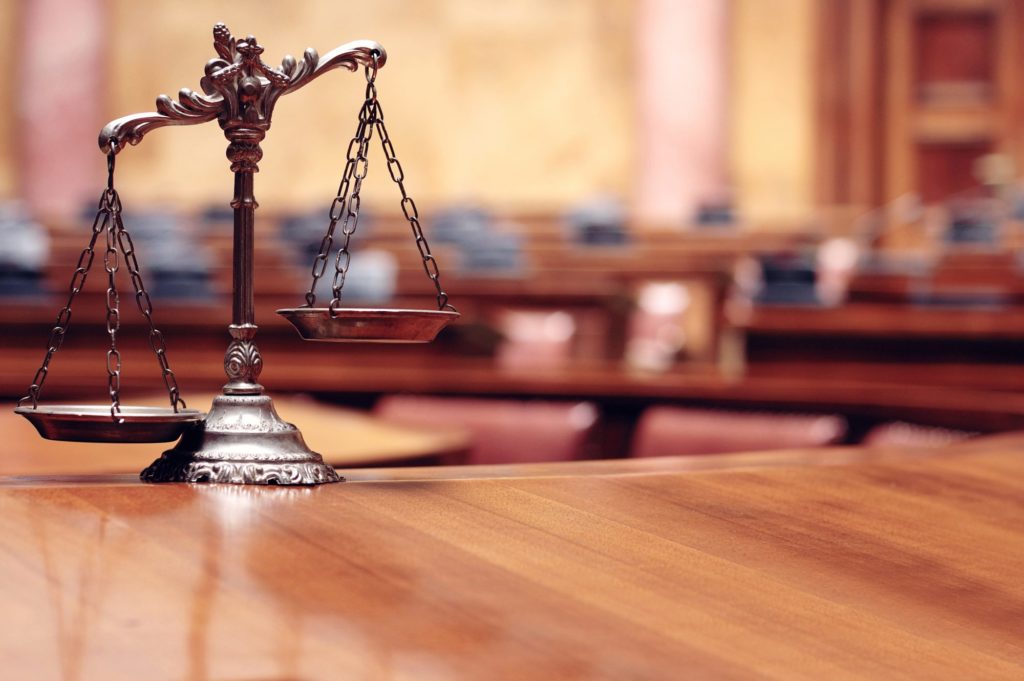
In the context of appeals filed by the Council of the EU and the European Commission against the Decision of the Court of First Instance in cases regarding the Agricultural and Fisheries Agreements, the Advocate General of the European Court delivered her conclusions this morning.
At this stage, it is merely a procedural step, as the Court is expected to deliver its final judgment during the second half of the year 2024.
The Advocate General’s conclusions are neither a judgment nor a court order. They represent a mere analysis proposed to the Court, in view of the judges’ deliberations to follow.
However, the conclusions of the Advocate General are likely to upset the “Polisario” and those who stand behind it, on several fronts:
Accordingly, the Advocate General recommends overturning the judgment of the Court of First Instance and upholding the validity of the agricultural agreement between Morocco and the EU. Thus, the legality and validity of the Agricultural Agreement are confirmed. The Agreement should be maintained in its current terms. The Advocate General confirms its applicability to products from the Moroccan Sahara. As for the Fisheries Agreement, the Advocate General’s conclusions lean towards Morocco’s desire to revise the foundations of the partnership in this area, in order to make it a qualitative partnership of a new generation. It emerges that the common objective for Morocco and the EU will be to strive towards a modern contractual framework that is mutually beneficial, mindful of socio-economic development, sustainable development, and the preservation of fishery resources.
Furthermore, the claims of the “Polisario” regarding a so-called “representativity” are discredited by the Advocate General. The Advocate General concluded that “the Polisario is not recognized as ‘the’ representative of the people of Western Sahara by the United Nations or the European Union” (para. 81). She notes that the “Polisario” “has never been elected” by the population, and “it is impossible to determine with certainty if the Polisario enjoys the support of the majority” (para. 83). She also states that the “Polisario” has “never been granted the status of a national liberation movement by the United Nations or the European Union and its Member States” (p.20). She concludes that the “Polisario’s” claim to be “the sole representative” of the Sahara is not consistent with the position of the European Union.
Moreover, the Advocate General confirms that the European Union has the right to conclude agreements with Morocco covering its southern provinces. Referring to international law, she reiterates that Morocco is the only authority authorized to conclude agreements with the EU covering the southern provinces. Consequently, the “Polisario” has no standing or capacity to conclude agreements.
Finally, the Advocate General dismissed a request from a pro-Polisario association to ban imports of agricultural products from the southern provinces. This conclusion paves the way for the continuation of commercial exchanges of agricultural products.
Thus, the conclusions of the Advocate General come to contradict the misconceptions fostered by the “Polisario” and its sponsors, who try to distort reality to glean imaginary victories and mask their successive failures at various levels.
The conclusions of the Advocate General also underscore the preeminence of the Moroccan Autonomy Initiative. In this regard, she emphasizes that “since 2018, support for the Autonomy Plan presented by the Kingdom of Morocco in 2007 seems to be increasing. Similarly, the vocabulary used in Security Council resolutions appears to have evolved. Thus, from 2018 onwards, the wording of Security Council resolutions emphasizes the need to achieve a political solution, realistic, pragmatic, sustainable, and mutually acceptable to the issue of Western Sahara, based on compromise”.
It should be recalled that the procedure before the Court of Justice of the European Union remains eminently European. Morocco is not a party to this procedure, which primarily concerns the EU Council. The Council is supported by the European Commission and several Member States, who defend agreements with Morocco.
For Morocco, European institutions must take responsibility to protect the partnership with Morocco and defend it against procedural provocations and political maneuvers.




